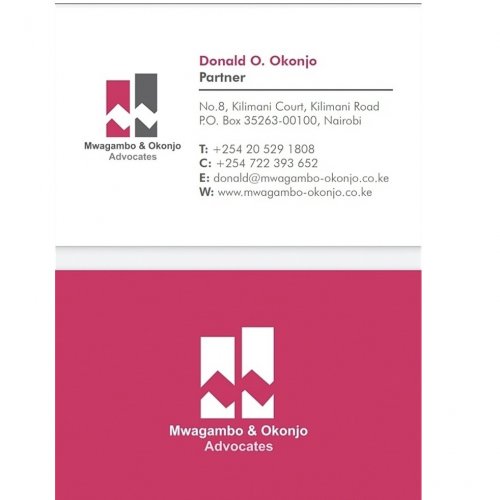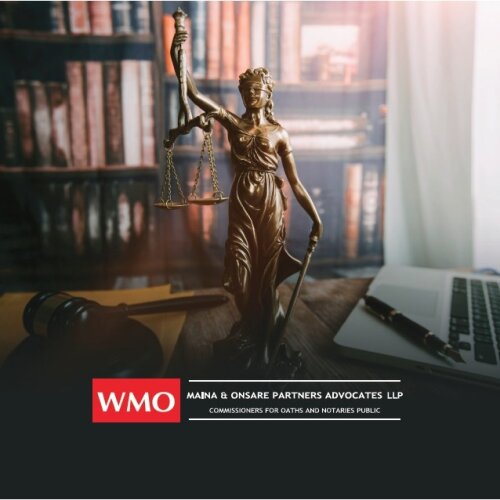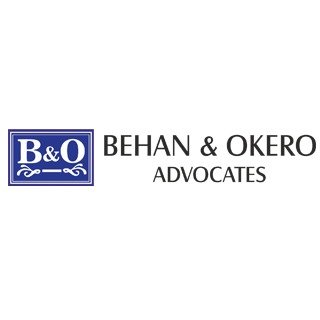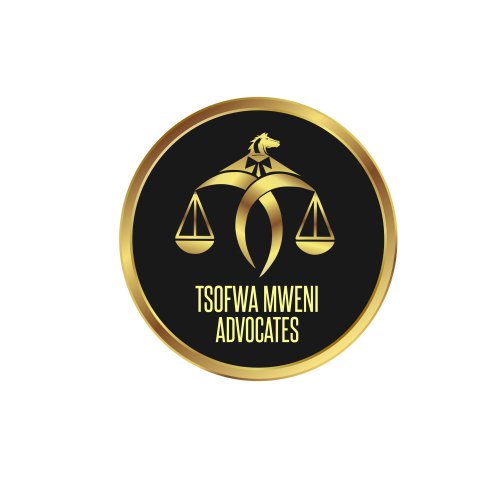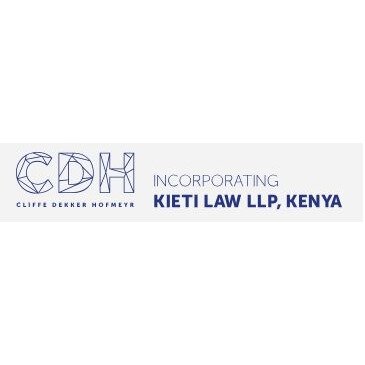Best Property Insurance Lawyers in Kenya
Share your needs with us, get contacted by law firms.
Free. Takes 2 min.
Or refine your search by selecting a city:
List of the best lawyers in Kenya
About Property Insurance Law in Kenya
Property insurance in Kenya is a critical aspect of risk management for both residential and commercial property owners. It provides coverage against risks that can lead to financial loss or damage to property. The insurance industry in Kenya is regulated by the Insurance Regulatory Authority (IRA), ensuring that property owners have access to fair and secure insurance products. The primary types of property insurance include fire insurance, burglary insurance, and homeowners insurance, each designed to cover specific risks. Insurance policies are contracts with specific terms and conditions outlining coverage, exclusions, and claim procedures.
Why You May Need a Lawyer
There are several scenarios where legal assistance may be necessary in the realm of property insurance:
- Claim Disputes: If an insurer denies a claim, a lawyer can help decipher the policy terms and advocate for rightful compensation.
- Complex Insurance Policies: Legal experts can assist in interpreting complex language and conditions within an insurance policy, ensuring a clear understanding.
- Legal Compliance: Ensuring that your insurance policy complies with Kenyan laws and regulations is crucial and where a lawyer's advice can be invaluable.
- Contract Negotiations: Lawyers can negotiate terms that are more favorable or better suited for a policyholder's specific needs.
- Fraud Cases: If a policyholder suspects fraud or misrepresentation by an insurance company, legal assistance is crucial for protection and recourse.
Local Laws Overview
The insurance industry in Kenya is mainly governed by the Insurance Act, which sets out the legal framework for the regulation and supervision of insurance businesses. Key aspects relevant to property insurance include:
- Insurance Regulatory Authority (IRA): The IRA oversees all insurance practices to ensure they are fair and compliant with the law.
- Policy Terms: Insurers must clearly define terms such as coverage, excess, and exclusions to avoid ambiguity.
- Claim Procedures: Insurers are required to provide clear processes for filing claims and provide timely responses.
- Consumer Protection: There are laws in place to protect consumers from unfair practices and to ensure transparency in insurance dealings.
Frequently Asked Questions
What is property insurance?
Property insurance is a type of coverage that provides financial reimbursement to the owner or renter of a structure and its contents in the event of damage, theft, or loss.
Why is property insurance important?
Property insurance is essential as it safeguards against potential financial loss arising from risks such as fire, theft, or natural disasters.
How is a property's insurable value determined?
An insurer typically assesses the insurable value based on factors such as the replacement cost of the property, its current market value, and any associated risks.
What are common exclusions in property insurance policies?
Exclusions often include damage from war, nuclear incidents, intentional damage, and typically some natural disasters unless specifically included.
What should I do if my property insurance claim is denied?
Examine the insurer's reason for denial, review your policy's terms, and consider consulting a lawyer to assess if there are grounds for contesting the decision.
Can I change my insurance provider if I'm dissatisfied with my current coverage?
Yes, policyholders can change providers, but they are advised to review new policies thoroughly and consider any exit terms stipulated by their current insurer.
What is the role of the IRA in property insurance?
The Insurance Regulatory Authority ensures that insurance companies operate lawfully, that consumer interests are protected, and that there is accountability in the insurance industry.
What documentation is typically required to file a claim?
Claimants usually need to submit a claim form, policy documents, proof of loss or damage, estimates for repair or replacement, and potentially police reports in case of theft.
Is there a time limit for reporting a claim?
Yes, most insurance policies specify time limits for reporting claims, typically within a few days of the incident. It's crucial to report promptly to avoid denial.
How can I ensure my property is adequately insured?
Perform regular assessments to ensure coverage matches the current value of the property, make necessary adjustments, and maintain open communication with your insurer.
Additional Resources
For more information on property insurance, consider reaching out to:
- Insurance Regulatory Authority (IRA): The regulatory body overseeing insurance practices in Kenya.
- Association of Kenya Insurers (AKI): A resource for information on different insurance providers and products in Kenya.
- Consumer Protection Act: An essential legal document detailing consumer rights in financial transactions, including insurance.
Next Steps
If you require legal assistance with property insurance in Kenya, consider the following steps:
- Consult with a Lawyer: Seek out legal experts specializing in insurance law to understand your rights and options.
- Gather Documentation: Ensure you have all policy documents, correspondence with insurers, and any relevant evidence related to your concern.
- Engage with Relevant Authorities: Contact the IRA for guidance or to lodge complaints regarding unfair practices or disputes.
- Join Support Networks: Connect with groups or forums focused on property insurance to share experiences and advice.
Lawzana helps you find the best lawyers and law firms in Kenya through a curated and pre-screened list of qualified legal professionals. Our platform offers rankings and detailed profiles of attorneys and law firms, allowing you to compare based on practice areas, including Property Insurance, experience, and client feedback.
Each profile includes a description of the firm's areas of practice, client reviews, team members and partners, year of establishment, spoken languages, office locations, contact information, social media presence, and any published articles or resources. Most firms on our platform speak English and are experienced in both local and international legal matters.
Get a quote from top-rated law firms in Kenya — quickly, securely, and without unnecessary hassle.
Disclaimer:
The information provided on this page is for general informational purposes only and does not constitute legal advice. While we strive to ensure the accuracy and relevance of the content, legal information may change over time, and interpretations of the law can vary. You should always consult with a qualified legal professional for advice specific to your situation.
We disclaim all liability for actions taken or not taken based on the content of this page. If you believe any information is incorrect or outdated, please contact us, and we will review and update it where appropriate.
Browse property insurance law firms by city in Kenya
Refine your search by selecting a city.





